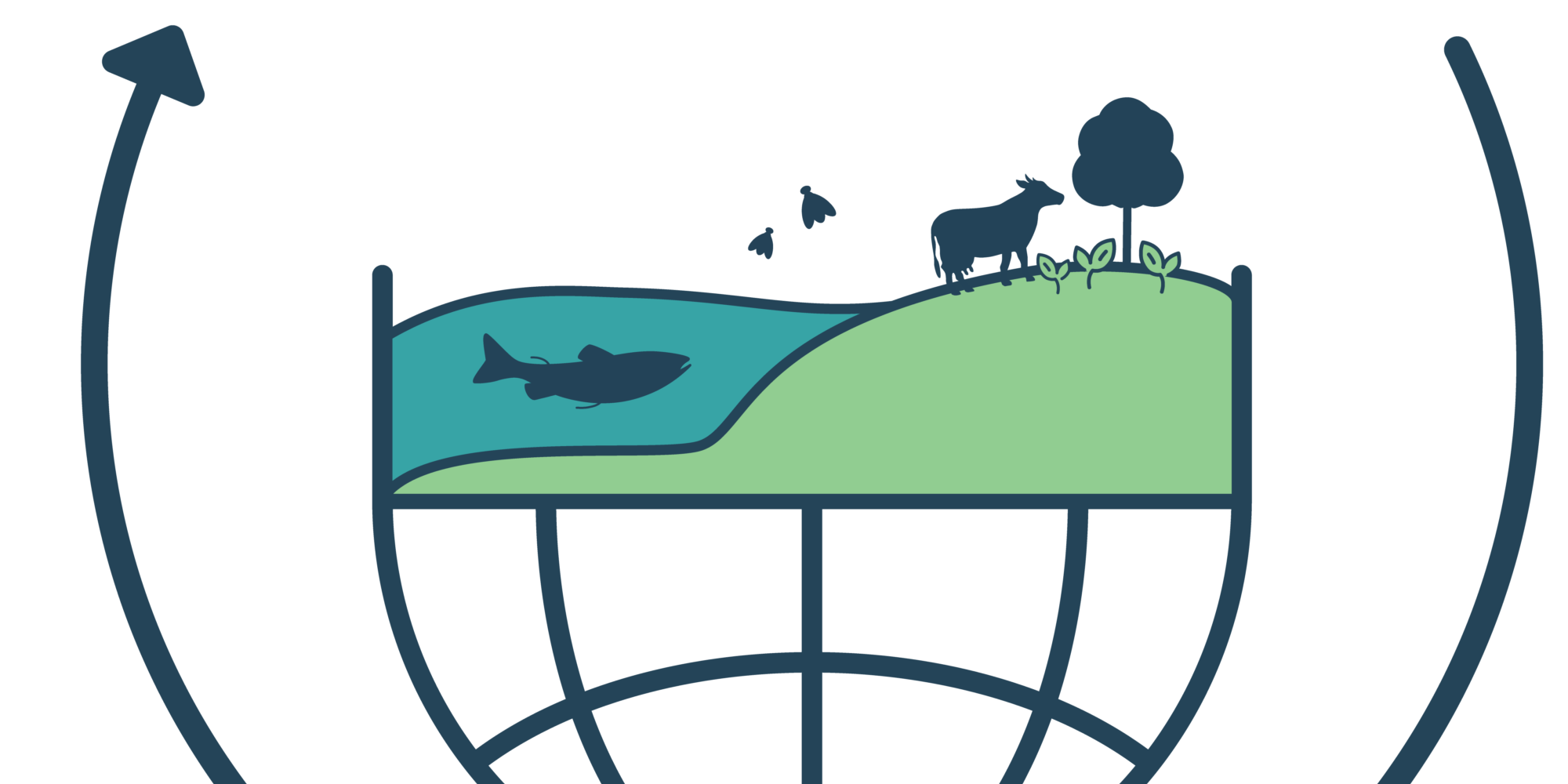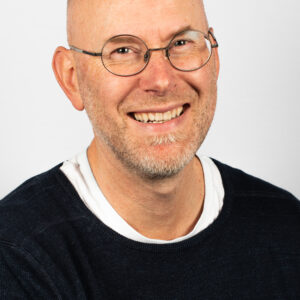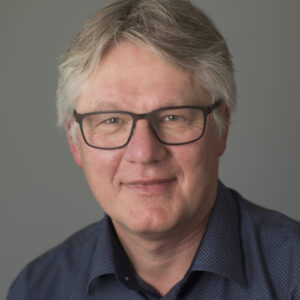
Kick-off for the development of new solutions in the feeding system
Author
Published: 04 February 2022
Last updated: 04 February 2022
Contact persons
Share article:
It was a virtual kick-off for the new large collaborative project, SusFeed – Sustainable feed production from Norwegian bio-resources for livestock and aquaculture. The project will provide answers to some of the challenges the feed supply has regarding sustainability and to secure enough volume of feed for production of food.
The two-day meeting was held virtually this December after the corona situation indicated that a physical start-up meeting could not go ahead. The energy and commitment among the 45 participants was nevertheless high, and everything is in place for further collaboration that is both professionally innovative and highly relevant for politics and industry.
The project
SusFeed is led by Ruralis and from now until 2025 it will develop an in-depth understanding of the feed system for animal husbandry in agriculture and salmon farming. The main question is how feed can be harvested, produced, processed and distributed to meet the growing and changing needs of Norway’s agricultural and aquaculture sectors. What new feed sources are realistic to use and how sustainable will they be? Many of the project participants have already taken part in a preliminary project.
The partners
During the inaugural meeting, the partners had the opportunity to introduce themselves and talk about their various roles in the Norwegian feed value chain. On the first day, there were introductions from, among others, project manager Egil Petter Stræte at Ruralis and each of the 18 user partners in the project. On the second day, the participants discussed the five work packages in the project and how tasks can best be coordinated and completed. Finally, they gave their views on the project’s logo and graphic profile, which is designed by partners at SINTEF. The project has already aroused interest in the industry and will be visible in relevant arenas in the future.
Financing
The project is funded by the Research Council of Norway and includes a wide range of partners, 24 in total. Business partners and other stakeholders in feed value chains are represented, in addition to research partners from Ruralis, NIBIO, SINTEF Ocean and SINTEF Digital, as well as international advisers and researchers at e.g. Wageningen UR and Aarhus University.
The project can be followed via Ruralis’s project website and through a separate Facebook group.
Author
Published: 04 February 2022
Last updated: 04 February 2022

